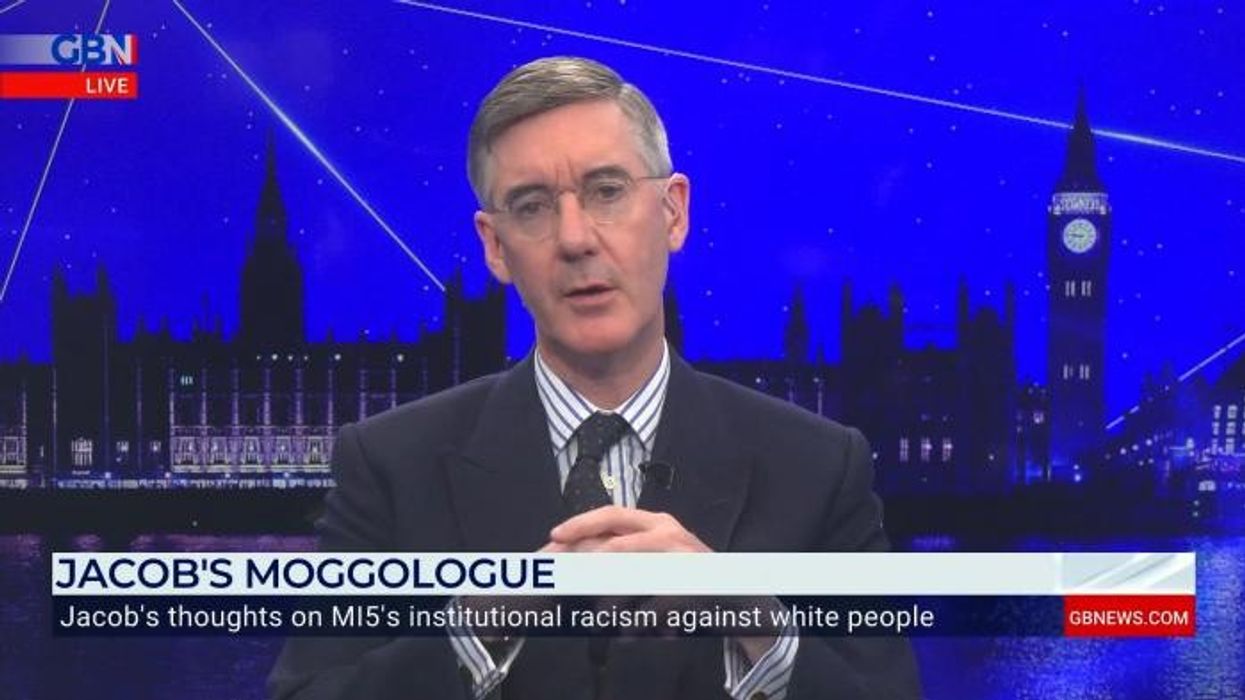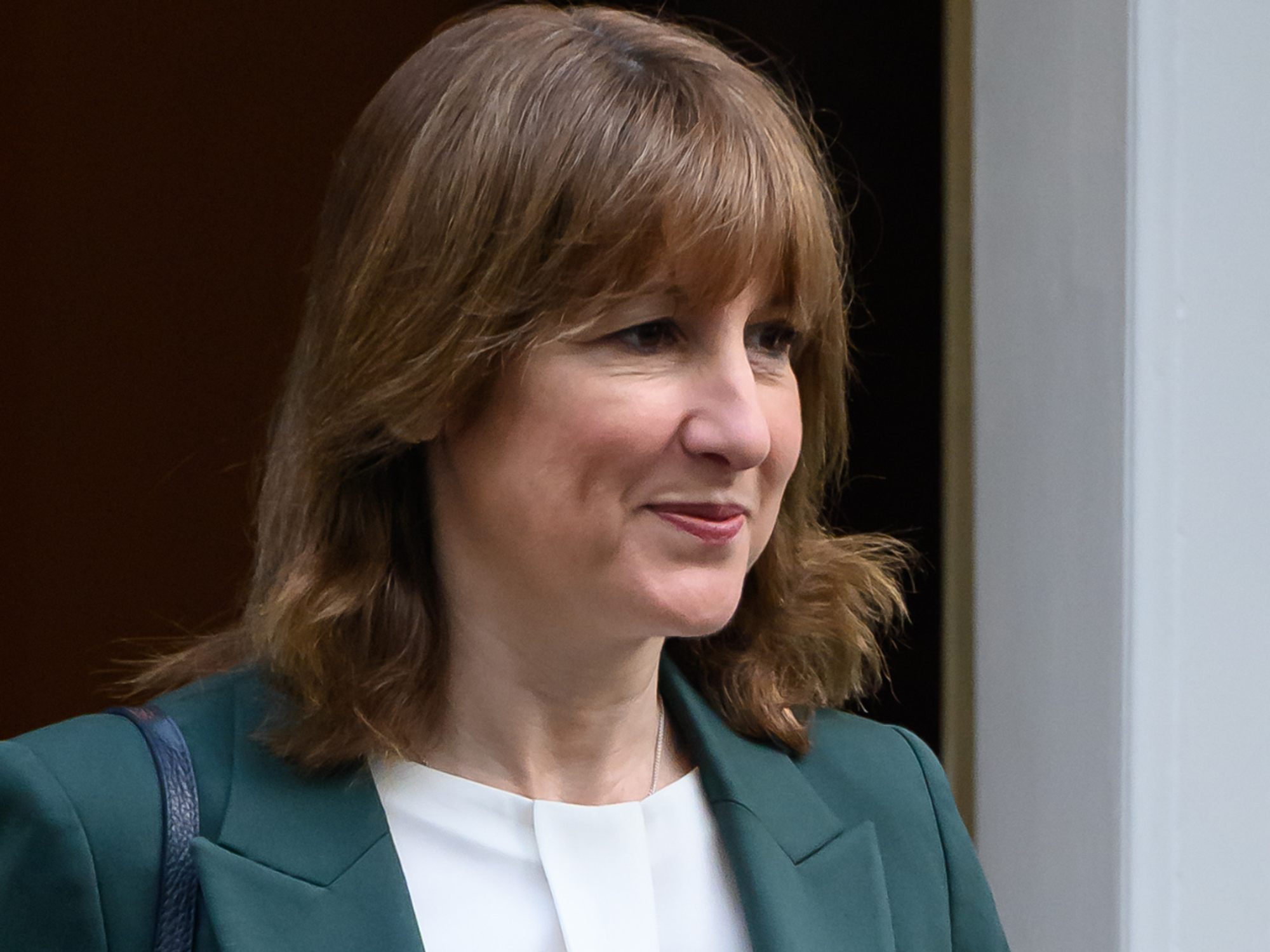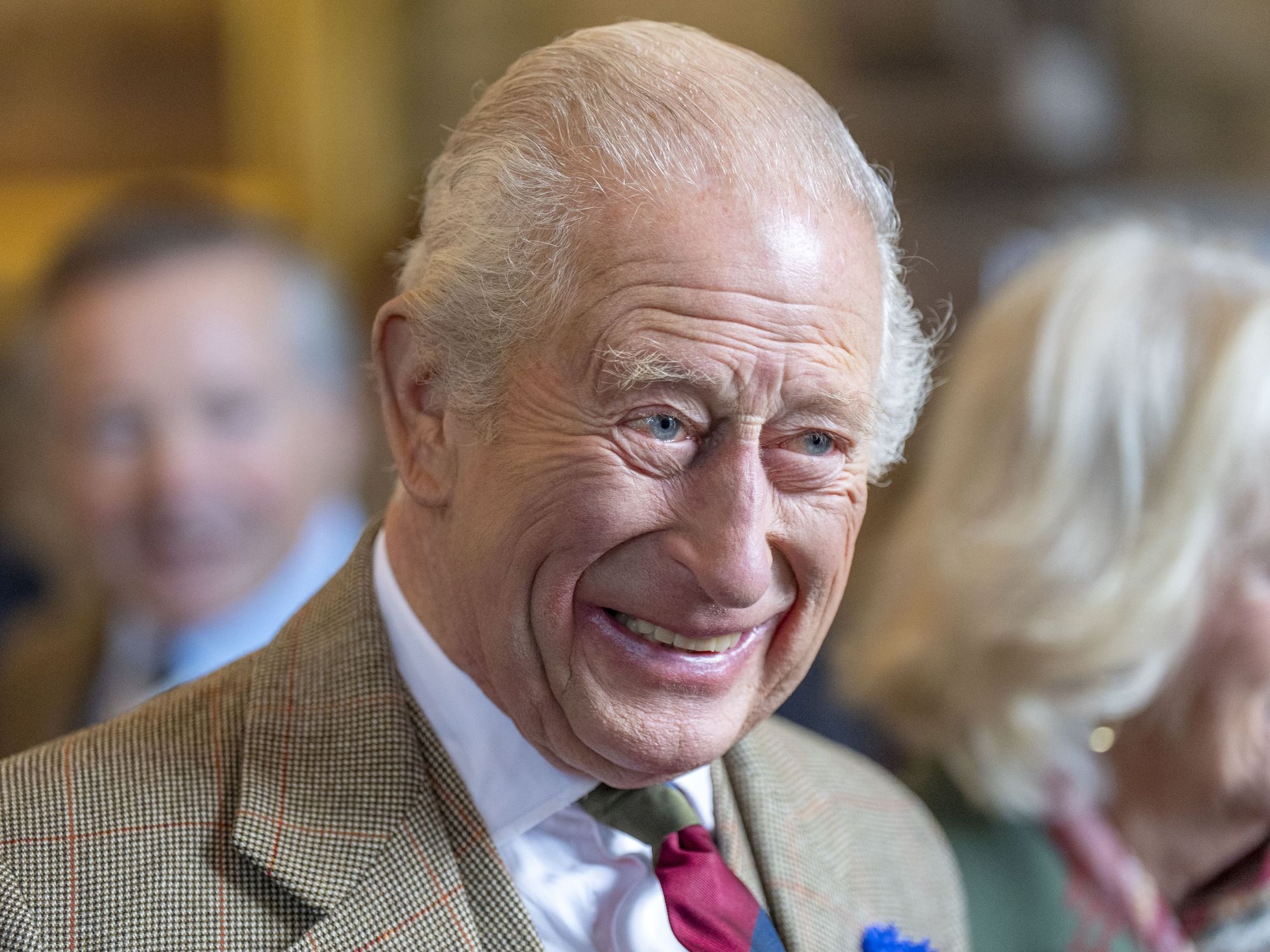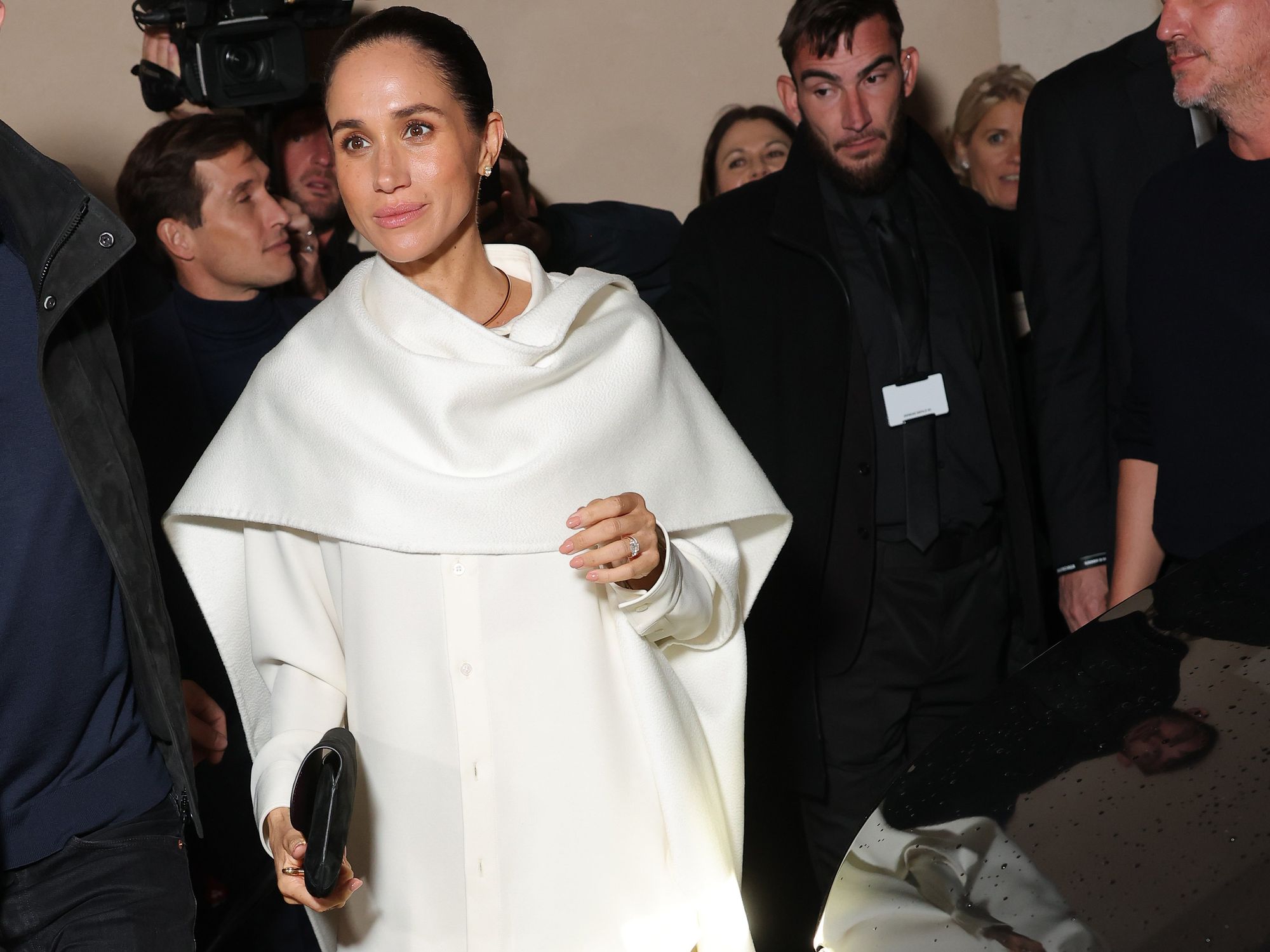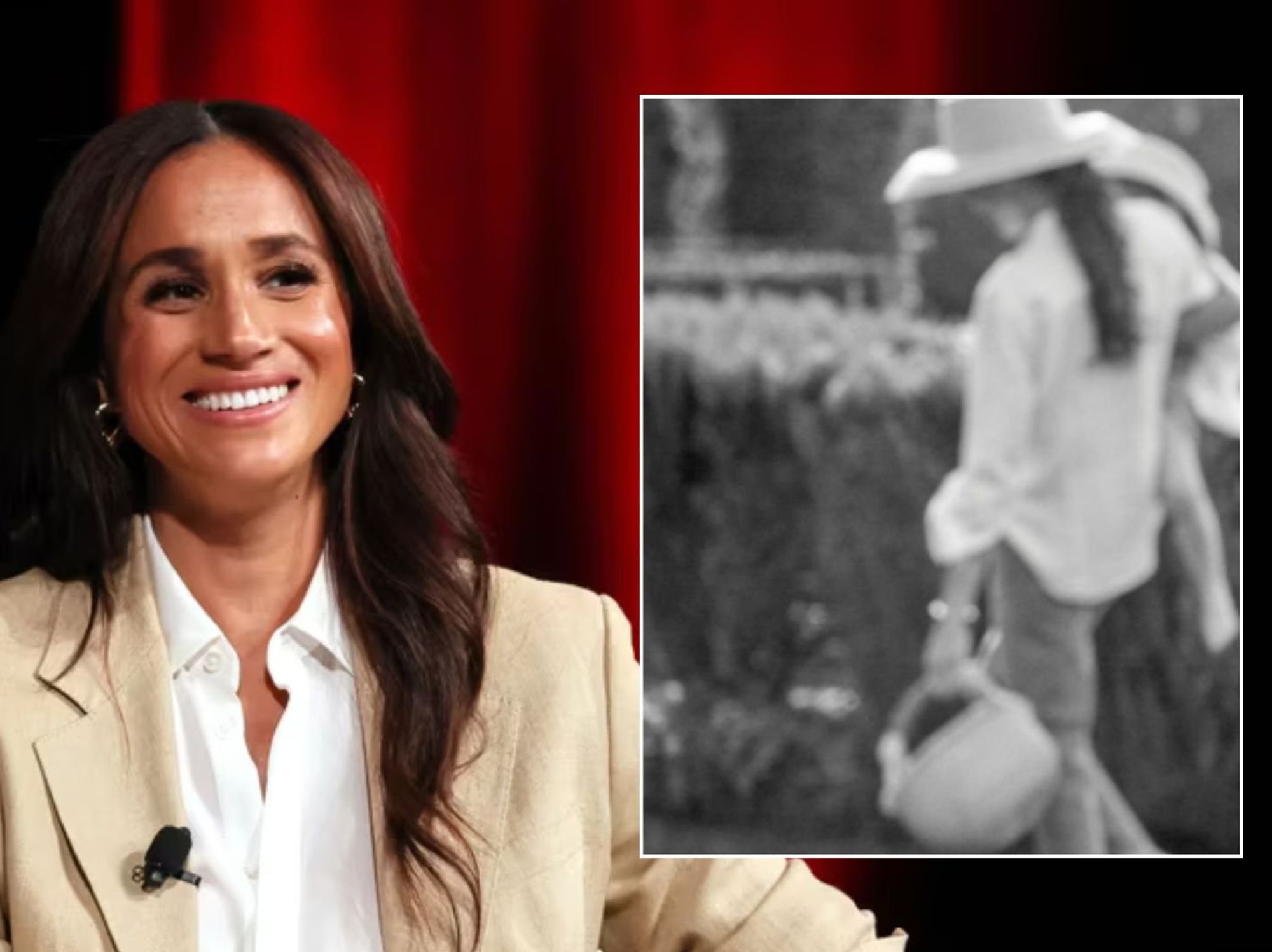‘Who’s more privileged?’ White British graduates ‘alienated’ as DEI hiring schemes ‘create new form of inequality’
Several graduates warned that American-style DEI policies do not align with the UK’s social and cultural context
Don't Miss
Most Read
White British graduates have said they have been left feeling “alienated” about their career prospects due to DEI policies and positive action schemes.
This comes as the British Intelligence agencies MI5, MI6, and GCHQ have sparked controversy after excluding white British students from applying for their summer internship program.
They say this restriction is due to “current underrepresentation in our workforce.”
However, these workplaces are not the only ones imposing restrictions on candidates, with other big companies following suit.
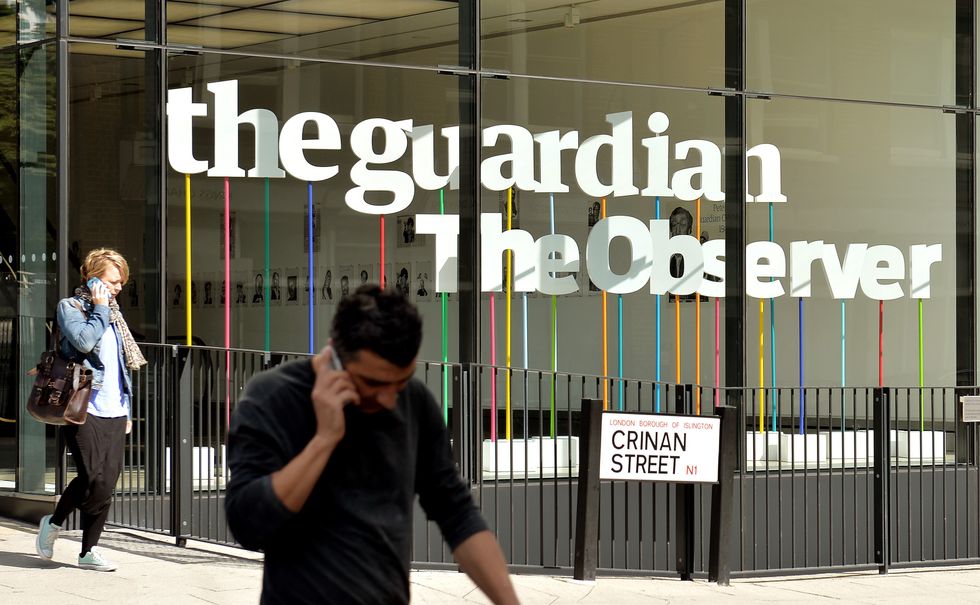
The Guardian paid work experience programme is only for BAME and disabled applicants
| PAGB News spoke with several recent graduates looking for work who say their employment search has been made extremely difficult due to them not meeting the “right” criteria.
Matthew, who graduated this summer, said it has always been his dream to work for The Guardian, but due to the fact that he is white and British, no opportunities are open to him.
He said: “The Guardian paid work experience programme is only for BAME and disabled applicants. If you want to get work experience there, you have no way of doing it if you are from the background most people are in this country.”
“The general goal of getting people from underrepresented backgrounds in the newsroom is not a bad thing in my view, but they should also offer a range of other opportunities to most other people. I think they [The Guardian] are blocking off this big pool of talent. It’s quite alienating.”
The recent grad also applied for the BBC graduate scheme, where applicants must sit a personality test. One of the questions on the test said “How would you describe yourself” with a scale from 1-10, one being “someone who takes action to reduce inequalities” and ten being “someone who believes the world is a fair place.”
“I found this question to be very strange,” said Matthew, “The BBC is the public broadcaster - it has a duty to be politically neutral. That kind of question is screaming for a particular type of politics. I don’t think that’s right.”
“They say ‘answer honestly’ but you will be at a disadvantage if you don’t answer ‘take action to reduce inequality.’”
Henry, another jobseeker, shared his experience of being warned by the European branch of a large global consulting company of the London branch’s DEI practices.
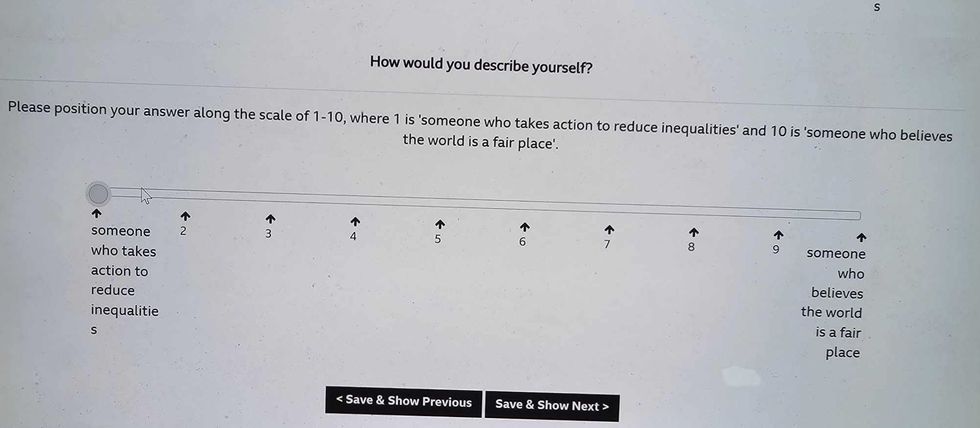
Matthew found this question to be very strange
|Supplied
“Before applying for graduate jobs, I completed an internship in one of the European offices of a large global consulting company. The internship went really well with good feedback from the team who offered to help me secure other opportunities. Separately, they mentioned the London office implements DEI policies in its hiring and weren’t sure this led to recruiting the best talent,” he said.
Henry told GB news he then applied for the graduate scheme for the same position in the London office and despite making it through the first round, he was rejected at the second stage with no feedback on why.
“I did not submit the equalities monitoring information (which I think is typically requested by all large companies in the UK) when I applied for the role because I believe this should be private. I saw later on LinkedIn that 11 out of the 12 people who were accepted to the scheme were women and quite a few were visibly ethnic/religious minorities.”
He added that while he appreciates the company may have a diversity problem at the top level, the emphasis on DEI policies for recent graduates could unfairly disadvantage young men who are equally qualified for the position.
Ash, who recently started working in the Film and TV industry, echoed these views.
“I’d get one interview for every 100 job applications, if that. It often felt that the application process on online platforms didn’t allow me to showcase my full potential due to new diverse criteria one has to meet.”
“I’ve often felt excluded from internships and schemes that prioritise specific backgrounds or identities. In competitive industries the emphasis should be on recognising and rewarding the best talent. It can be discouraging when opportunities feel restricted by factors outside an individual’s control. Favouring diversity is starting to create a new form of inequality.”
These sentiments arise from recent years of public outrage at major companies that have restricted white Brits from applying to sought-after internships and programs.
This is especially noticeable among leaders in the creative industries, such as ITV, BBC, and the Financial Times. These are just a few examples of companies offering internships exclusively for BAME individuals, those with disabilities, or those undergoing gender reassignment.
Scarlett, who was recently hired after job searching for months, said she felt “angry” at constantly having to share her ethnicity and sexual orientation when applying for jobs.
She said: “Every time I applied for jobs I had to add my ethnicity and sexuality which I thought was strange. My partner at the time told me that because I’m Jewish I should mark that I’m a minority, even though they don’t consider us to be a minority in many of the schemes.”
“When I got asked these questions I felt like they were trying to fill diversity quotas. It felt like if I ticked that I was part of the LGBT community or a minority I would be at the top of their list.”
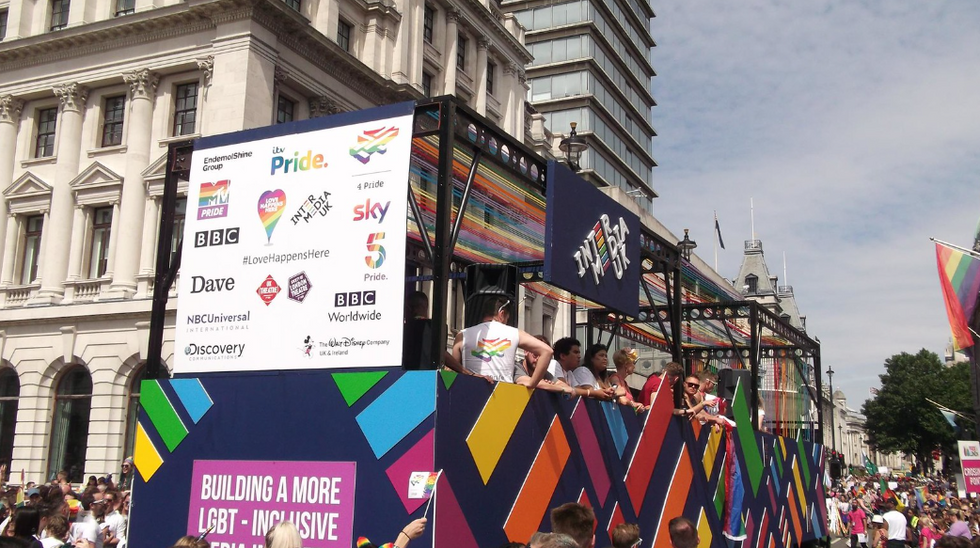
The adoption of DEI policies in the UK over the past few decades is connected to social movements originating in the US
|Flickr
She added: “It makes me angry. Nothing with who I am as a person or religion or who I’m attracted to has to do with my ability to work.”
She said that while “supposedly” these questions are asked to protect against discrimination, it feels like the complete opposite to her.
“The fact that they ask, makes it feel like they care about it. This means either they do discriminate or they want to fill a diversity quota.”
The rapid adoption of DEI policies in the UK over the past few decades is partly connected to social movements originating in the US. However some argue that the American model does not align with the UK’s social and cultural context.
“The UK is demographically and historically speaking very different to America. However the rationale for these schemes is kept the same,” said Matthew.
“I think things like The Guardian scheme make this really clear to me - the fact that it excludes people from white working class backgrounds, while they would accept someone who’s black and happened to go to private school - in that scenario who’s more privileged?”
He added: “I don't want to play oppression Olympics but this is kind of what these schemes do. Some people would say that the social class someone grew up in is more important than someone's race. It’s being cut and pasted from America and it doesn't seem to be very aware of the UKs history on demographics.”
GB News has approached The Guardian and the BBC for comment.
Names have been changed.


